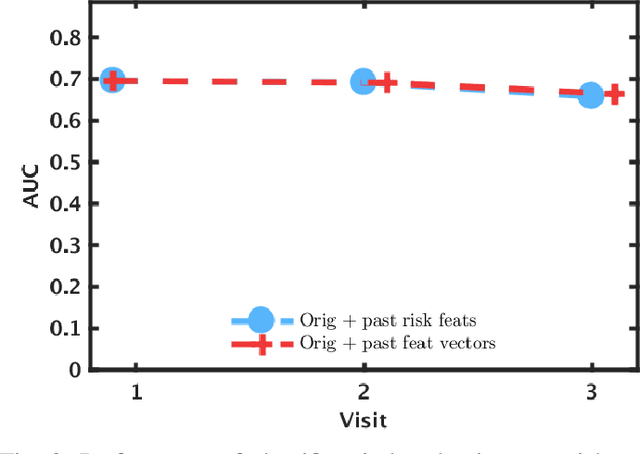Personalized Cardiovascular Disease Risk Mitigation via Longitudinal Inverse Classification
Paper and Code
Nov 16, 2020



Cardiovascular disease (CVD) is a serious illness affecting millions world-wide and is the leading cause of death in the US. Recent years, however, have seen tremendous growth in the area of personalized medicine, a field of medicine that places the patient at the center of the medical decision-making and treatment process. Many CVD-focused personalized medicine innovations focus on genetic biomarkers, which provide person-specific CVD insights at the genetic level, but do not focus on the practical steps a patient could take to mitigate their risk of CVD development. In this work we propose longitudinal inverse classification, a recommendation framework that provides personalized lifestyle recommendations that minimize the predicted probability of CVD risk. Our framework takes into account historical CVD risk, as well as other patient characteristics, to provide recommendations. Our experiments show that earlier adoption of the recommendations elicited from our framework produce significant CVD risk reduction.
 Add to Chrome
Add to Chrome Add to Firefox
Add to Firefox Add to Edge
Add to Edge